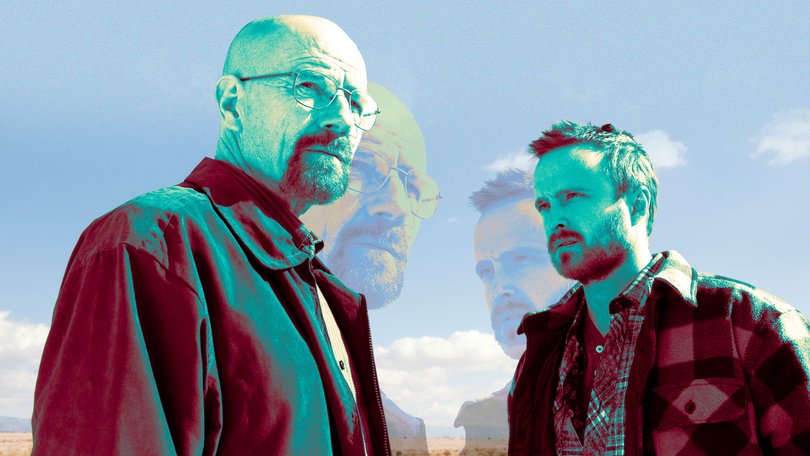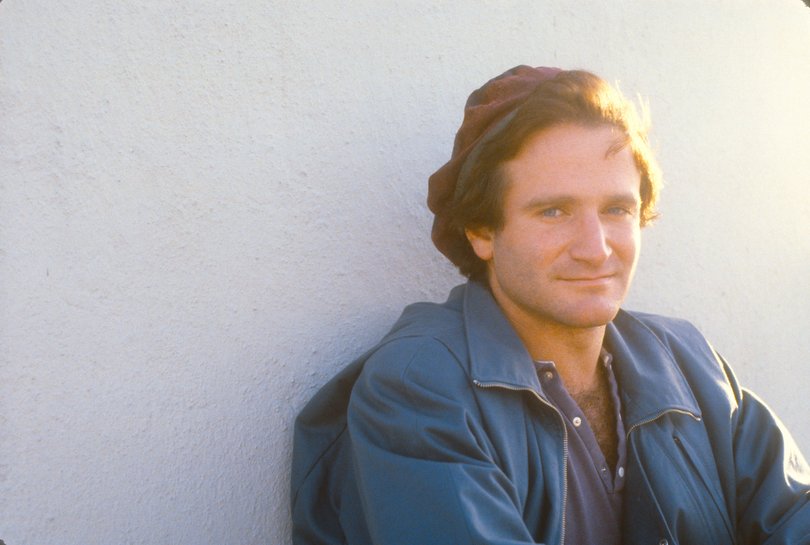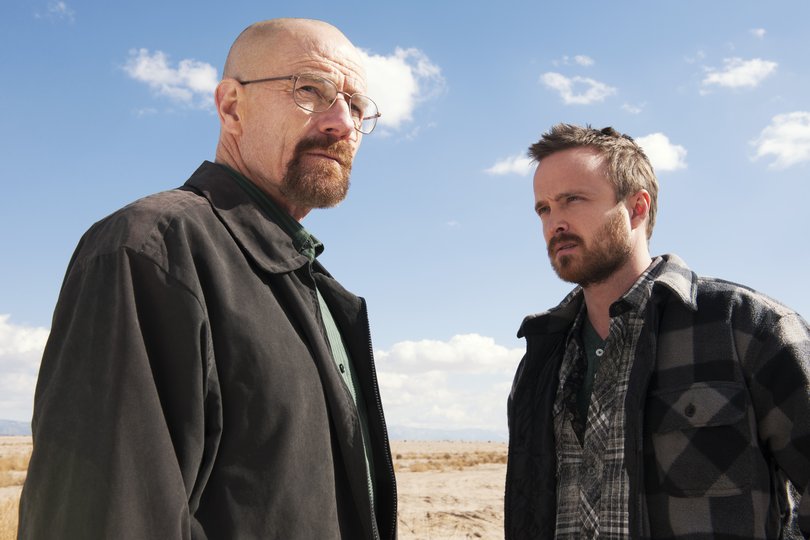OpenAI backtracks after copyright battle with Bryan Cranston and Hollywood studios
Bryan Cranston’s likeness and voice was being manipulated by OpenAI’s Sora 2 app. He wasn’t having it.

Four weeks ago, the release of OpenAI’s Sora 2 launched another battle in the ongoing war between tech companies and artists.
Sora 2 is an AI video-generation software, which follows users’ prompts to create clips that could be as seemingly innocuous as animal memes. It has also been using copyrighted material so that celebrities’ likeness can be manipulated into doing whatever you want.
AI videos of Robin Williams and Gene Wilder, both dead, started to make the rounds.
Sign up to The Nightly's newsletters.
Get the first look at the digital newspaper, curated daily stories and breaking headlines delivered to your inbox.
By continuing you agree to our Terms and Privacy Policy.Williams’ daughter Zelda unleashed on those exploiting her father’s artistic legacy for likes. “If you’ve got any decency, just stop doing this to him and to me, to everyone even, full stop,” she posted on social media. “It’s dumb, it’s a waste of time and energy, and believe me, it’s not what he’d want.
“To watch the legacies of real people be condensed down to ‘this vaguely looks and sounds like them so that’s enough’, just so other people can churn out horrible TikTok slop puppeteering them is maddening.
“You’re not making art, you’re making disgusting, over-processed hotdogs out of the lives of human beings, out of the history of art and music, and then shoving them down someone else’s throat hoping they’ll give you a little thumps up and like it. Gross.”

Sora 2 users created videos of copyright characters including SpongeBob and Pikachu, Mario and Garfield. These character are all owned by studios and companies who monetise them through movies, TV shows, merchandise and more.
When Sora 2 users creates AI videos out of them, the copyright owners aren’t paid. While Sora 2 is, for the moment, free to use, eventually OpenAI will be making money off it, and by extension, off material not owned by them.
Still-living humans get caught in the grist too, and it’s a video of AI Michael Jackson interacting with an AI version of Breaking Bad character Walter White that caught actor Bryan Cranston’s attention.
Cranston’s representatives at UTA, a Hollywood agency, noticed it first and told the actor as well as Sony Pictures Television, which produced Breaking Bad.
It’s been a few weeks of intense public and behind-the-scenes lobbying, and legal threats, but OpenAI has now agreed to change the software so there are more protections for artists including actors.
In a joint statement with OpenAI, Cranston said, “I was deeply concerned not just for myself, but for all performers whose work and identity can be misused in this way.
“I am grateful to OpenAI for its policy and for improving its guardrails, and hope that they and all of the companies involved in this work, respect our personal and professional right to manage replication of our voice and likeness.”

Key to the changes is that OpenAI has committed to an “opt in” protocol so that actors and other people will have to upload their own likeness to Sora 2’s “Cameo” feature, effectively giving it permission to use it.
At launch, OpenAI required copyright holders to opt out on an individual basis, which left studios and publishers in an untenable situation of needing to challenge every piece of infringement. The studios had argued this was against copyright law.
After the first few days in market, Sora 2 started to implement copyright guardrails so that attempts to use characters from, for example South Park, wouldn’t work.
When Sora 2 was launched, CAA, another mammoth Hollywood agency, stated, “Does OpenAI believe they can just steal it, disregarding global copyright principles and blatantly dismissing creators’ rights, as well as the many people and companies who fund the production, creation and publication of these humans’ work?
“In our opinion, the answer to this question is obvious.”
OpenAI now finds itself slightly chastened and backtracking. The real question is, why weren’t these protocols in place in the first instance, when not having them was a clear violation of copyright laws?

